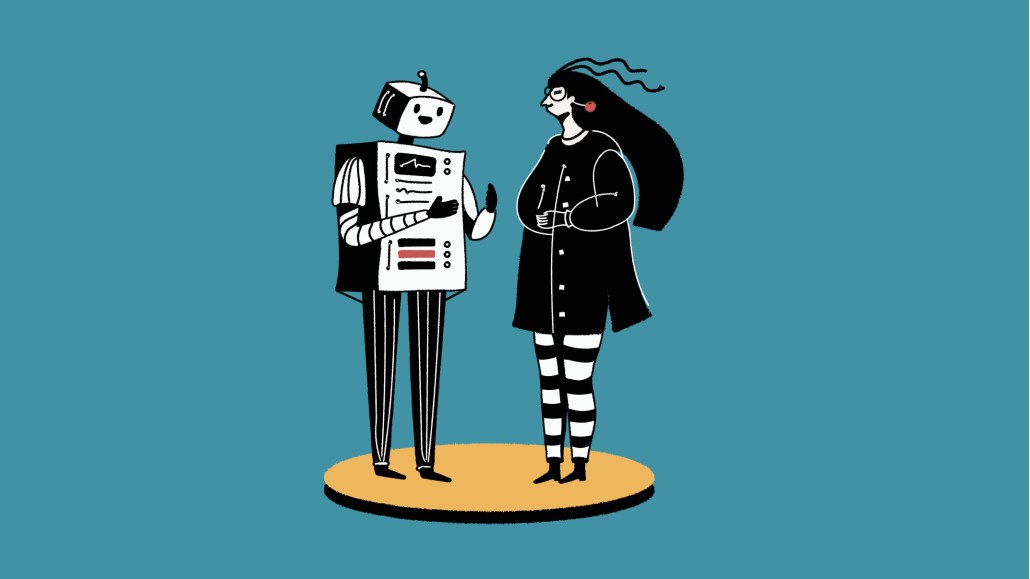Secure your place at the Digiday Media Buying Summit in Nashville, March 2-4

The story was first reported on, and published by, Digiday sibling WorkLife
Fear over robots taking jobs has long been a concern, but the rapid growth of the global artificial intelligence market has left white space for strong AI leadership. In particular, the role of chief AI officer is starting to pop up more across companies.
Currently, this position exists largely at companies that already working in AI or tech. Retail brand Levi’s is the exception, announcing a CAIO in 2019. Overall, the number of companies with this role is still so small that Indeed told WorkLife they weren’t able to gather enough data to see exactly how much it’s growing. But as the adoption of AI becomes more widespread across other industries, it’s likely this role will gain traction in other industries also, experts believe, echoing the early rise of the chief mobile officer circa 2011.
“Businesses that have seed opportunities in AI should probably have this role,” said Joshua Meier, chief AI officer at generative AI drug creation company Absci, formerly of OpenAI who worked on an earlier version of ChatGPT.
We spoke to a number of chief AI officers to see what this role entails its future place within organizations.
Click here to read the full story
More in Media

From feeds to streets: How mega influencer Haley Baylee is diversifying beyond platform algorithms
Kalil is partnering with LinkNYC to take her social media content into the real world and the streets of NYC.

‘A brand trip’: How the creator economy showed up at this year’s Super Bowl
Super Bowl 2026 had more on-the-ground brand activations and creator participation than ever, showcasing how it’s become a massive IRL moment for the creator economy.

Media Briefing: Turning scraped content into paid assets — Amazon and Microsoft build AI marketplaces
Amazon plans an AI content marketplace to join Microsoft’s efforts and pay publishers — but it relies on AI com stop scraping for free.








